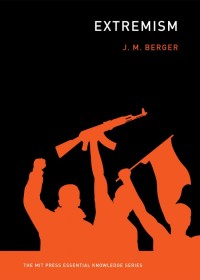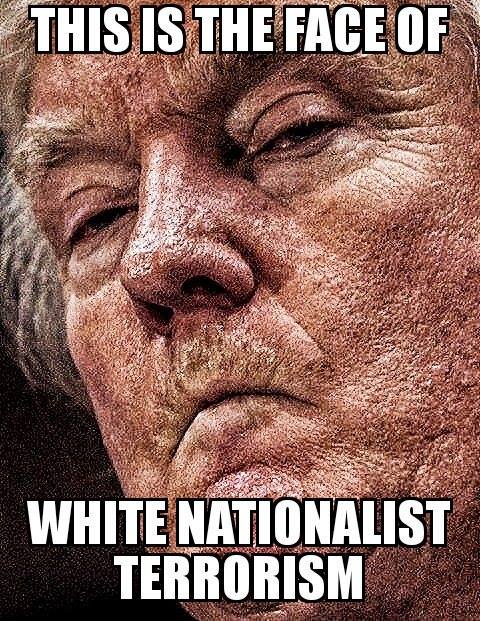FRESH AIR: On March 15, a 28-year-old Australian man opened fire in two mosques in Christchurch, New Zealand, killing 50 people and injuring dozens more. The shooter had previously declared allegiance to “white identity” — a fact that came as no surprise to J.M. Berger, an author who studies extremist movements. “We’re seeing a resurgence in various countries,” he says of white  nationalism. “It’s a worldwide phenomenon.” Berger, who studies the online activity of extremists, notes that the New Zealand shooter praised President Trump as “as a symbol of renewed white identity” in a 74-page document he published before the massacre. That mention, Berger says, aligns with a trend he found when he studied the hashtags and language used by alt-right Twitter users. “When we do the social media analysis, it comes shouting out at you,” he says. “We can count the links that they put out on Twitter and other social media platforms, and what we find is the most common is ‘#MAGA.’ The most common description of somebody that they use in the profile, they use on Twitter, is ‘Trump supporter.'” MORE
nationalism. “It’s a worldwide phenomenon.” Berger, who studies the online activity of extremists, notes that the New Zealand shooter praised President Trump as “as a symbol of renewed white identity” in a 74-page document he published before the massacre. That mention, Berger says, aligns with a trend he found when he studied the hashtags and language used by alt-right Twitter users. “When we do the social media analysis, it comes shouting out at you,” he says. “We can count the links that they put out on Twitter and other social media platforms, and what we find is the most common is ‘#MAGA.’ The most common description of somebody that they use in the profile, they use on Twitter, is ‘Trump supporter.'” MORE
RELATED: Today, authoritarianism has emerged as the greatest challenge facing the liberal democratic world — a profound ideological, as well as strategic, challenge. Or, more accurately, it has reemerged, for authoritarianism has always posed the most potent and enduring challenge to liberalism, since the birth of the liberal idea itself. Authoritarianism has now returned as a geopolitical force, with strong nations such as China and Russia championing anti-liberalism as an alternative to a teetering liberal hegemony. It has returned as an ideological force, offering the age-old critique of liberalism, and just at the moment when the liberal world is suffering its greatest crisis of confidence since the 1930s. It has returned armed with new and hitherto unimaginable tools of social control and disruption that are shoring up authoritarian rule at home, spreading it abroad and reaching into the very heart of liberal societies to undermine them from within.
An 1876 engraving of a John Trumbull painting depicts the signing of the Declaration of Independence in 1776. The Founders based the document on the philosophy that all humans were endowed with “natural rights.” (W.L. Ormsby via the Associated Press) We in the liberal world have yet to comprehend the magnitude and coherence of the challenge. We do not know how to manage the new technologies that put liberalism at a disadvantage in the struggle. Many of us do not care to wage the struggle at all. Some find the authoritarian critique of liberalism compelling; others value liberalism too little to care if the world order that has sustained it survives. In this new battle of ideas, we are disarmed, perhaps above all because we have forgotten what is at stake. MORE

